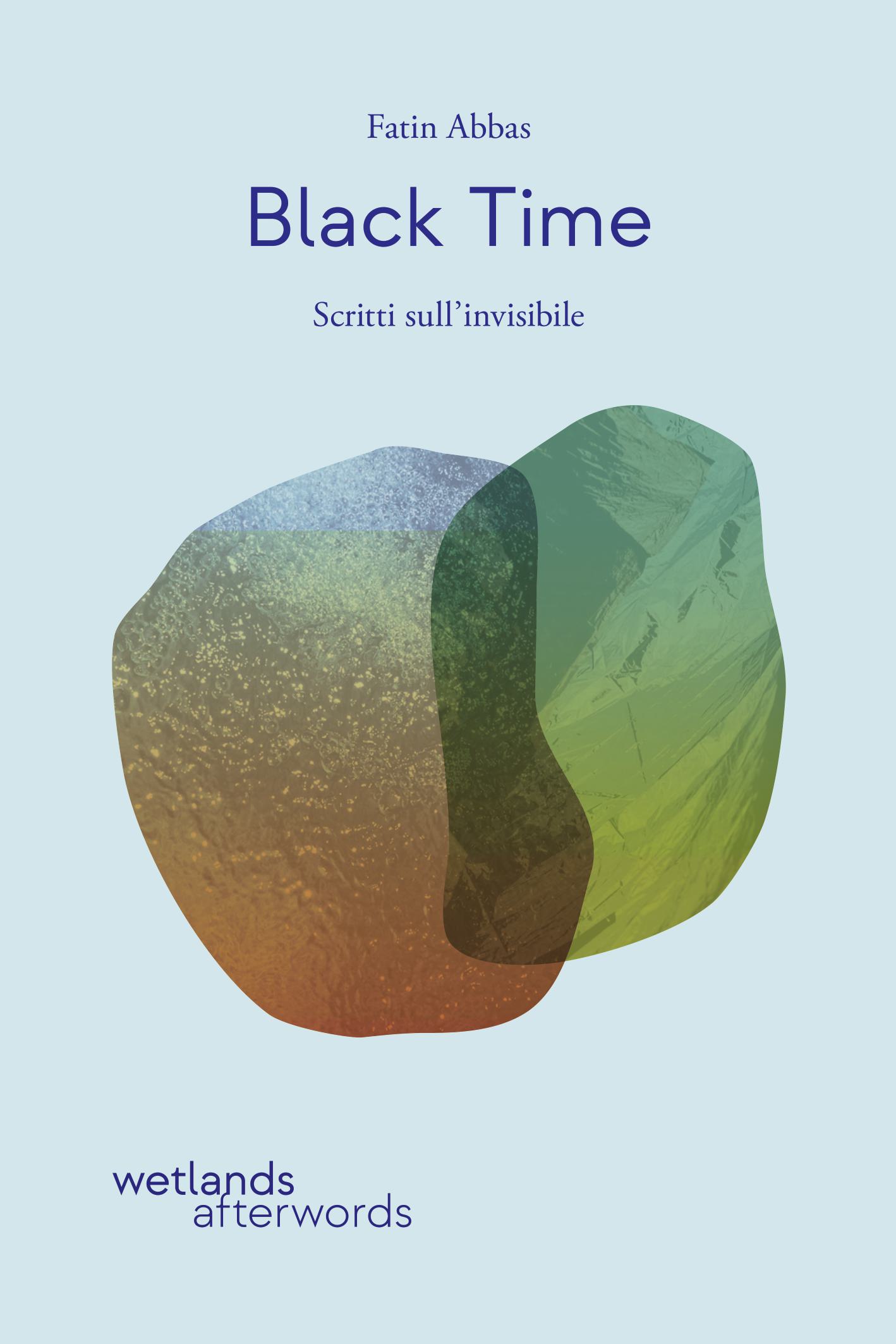
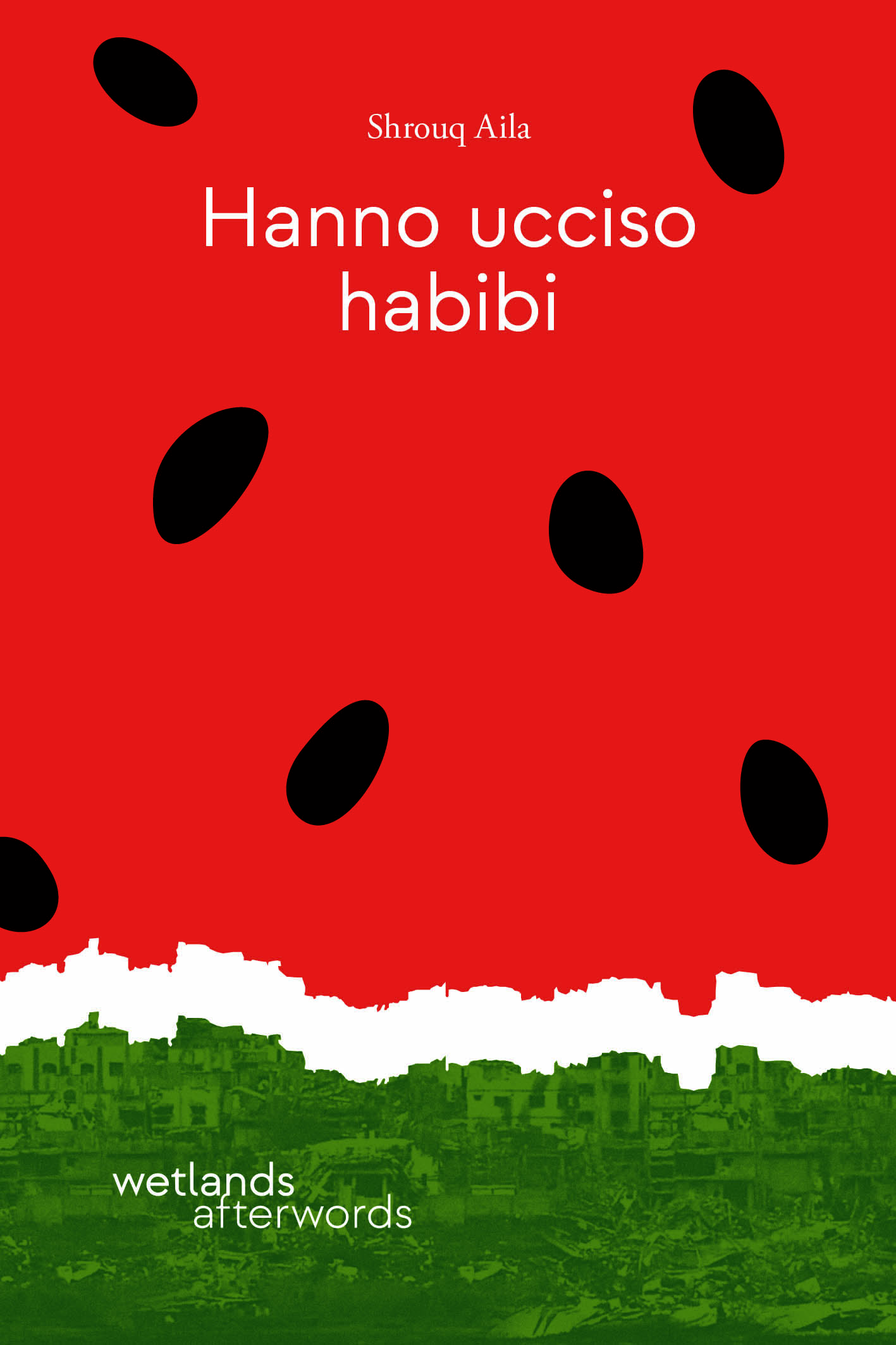
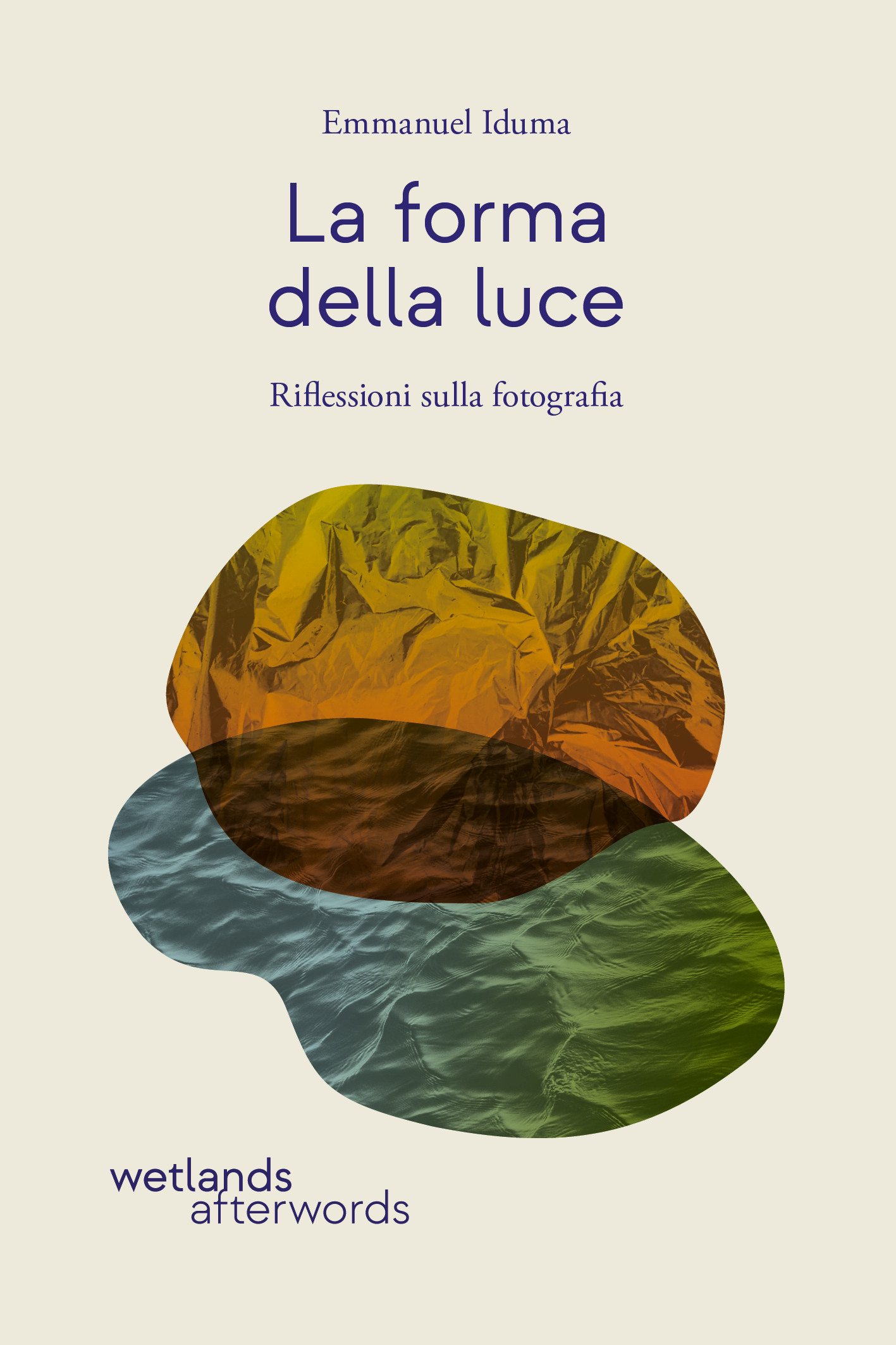



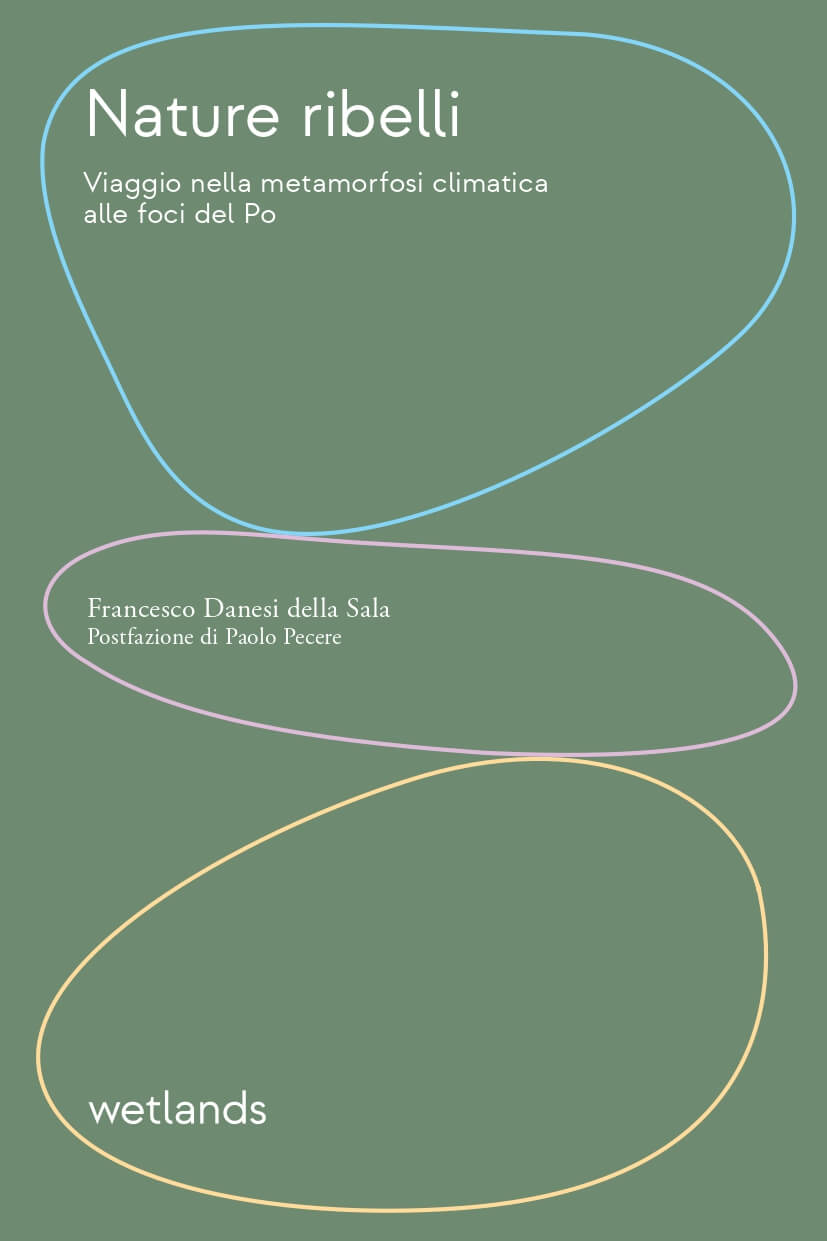




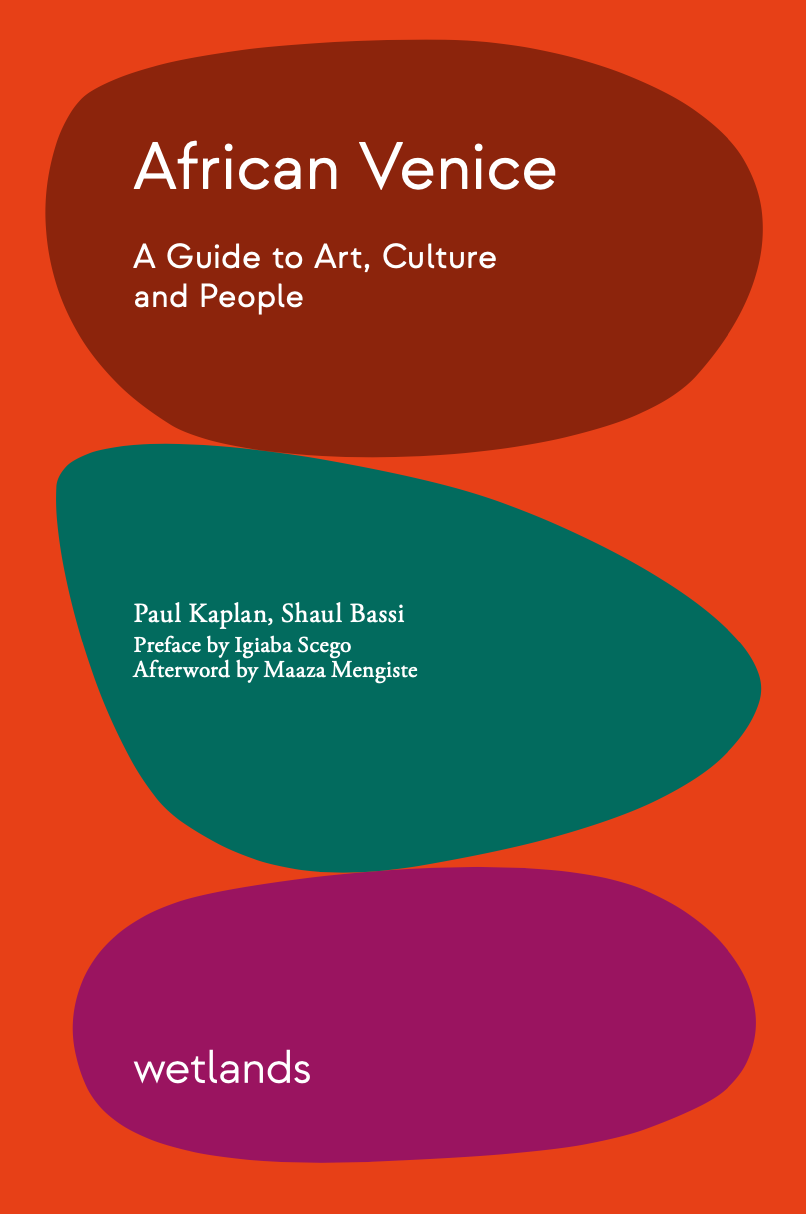
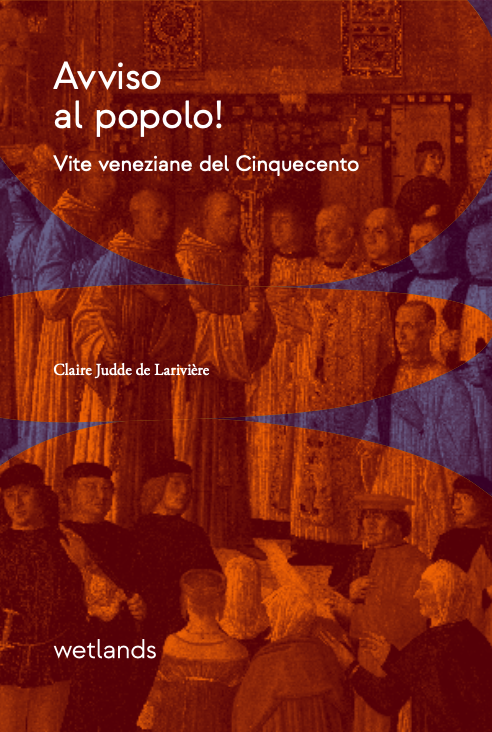


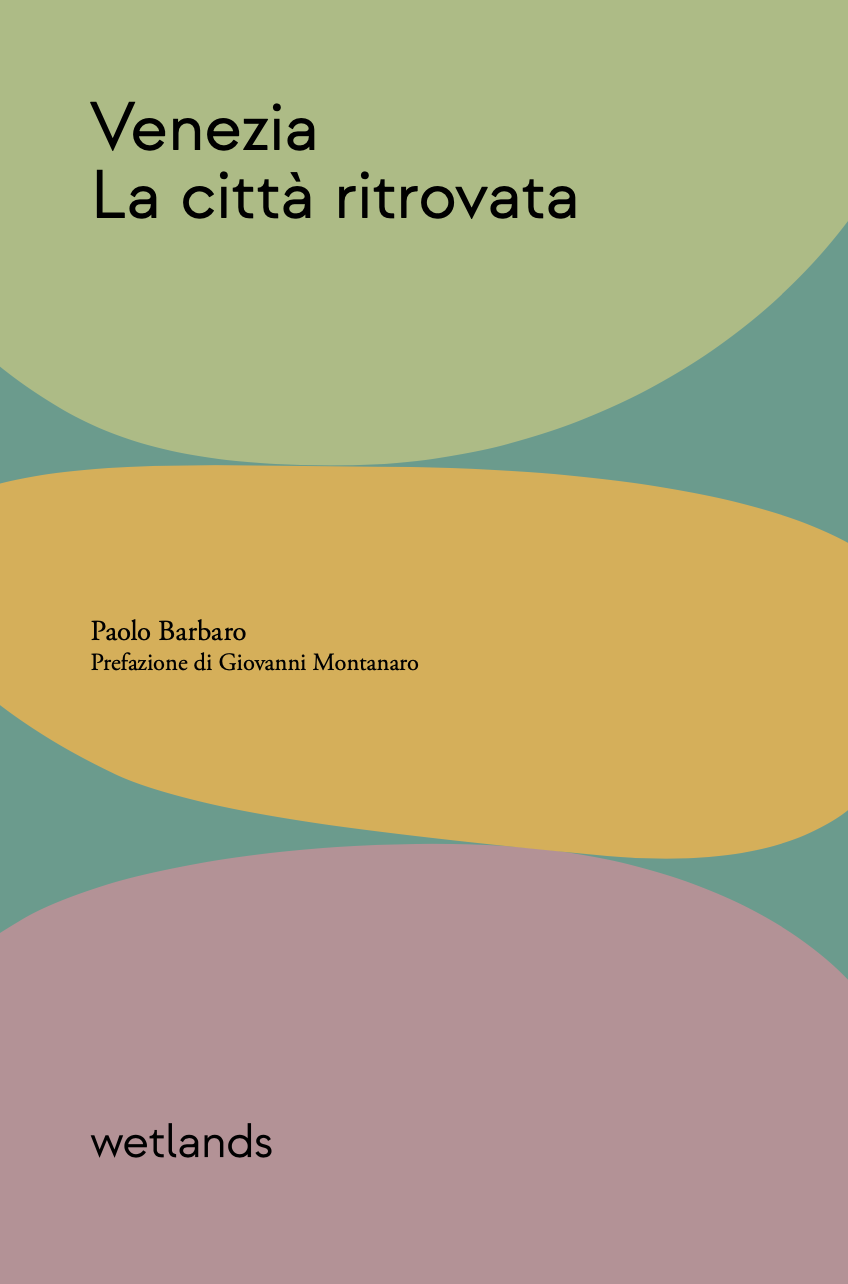





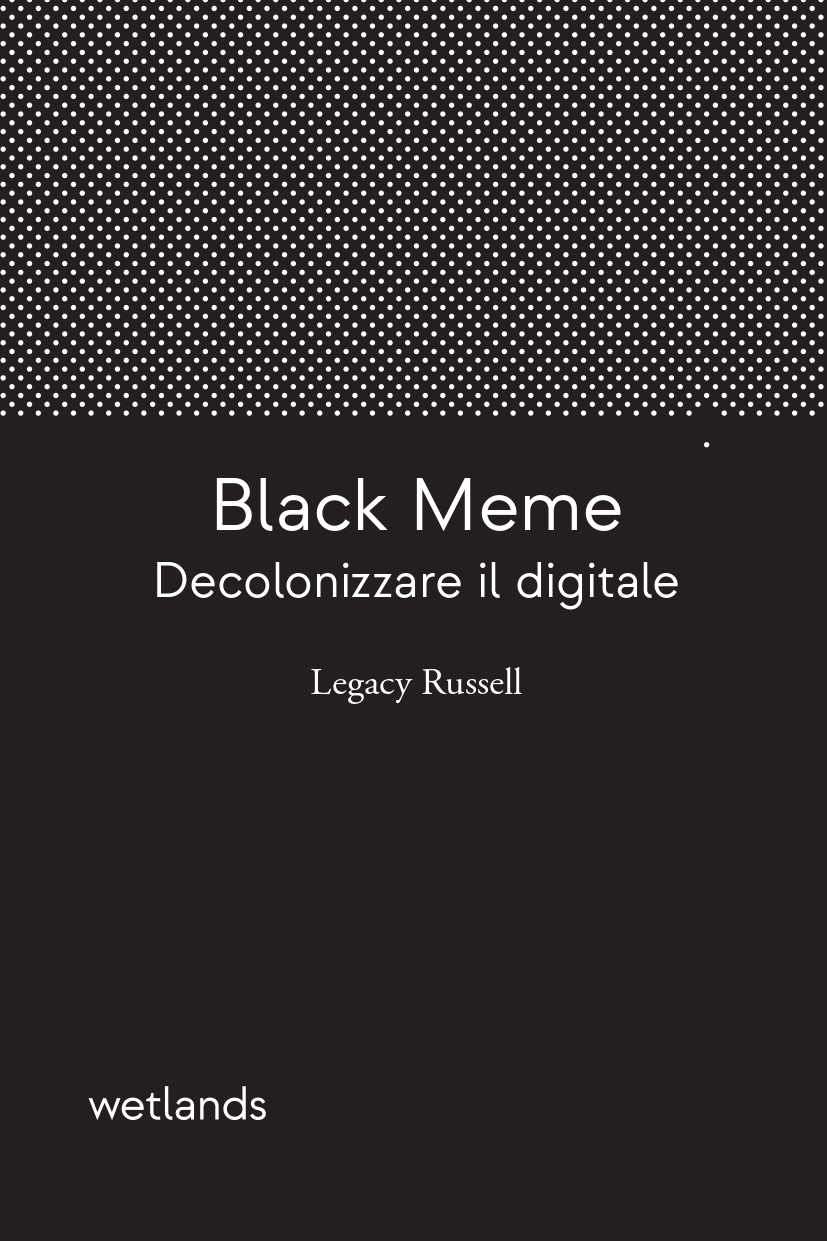
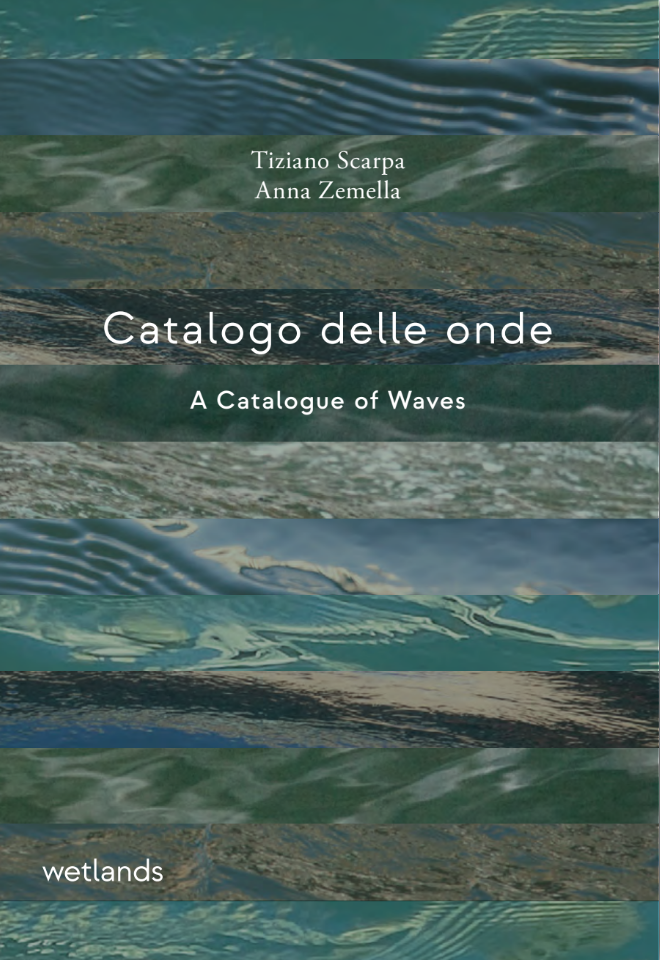
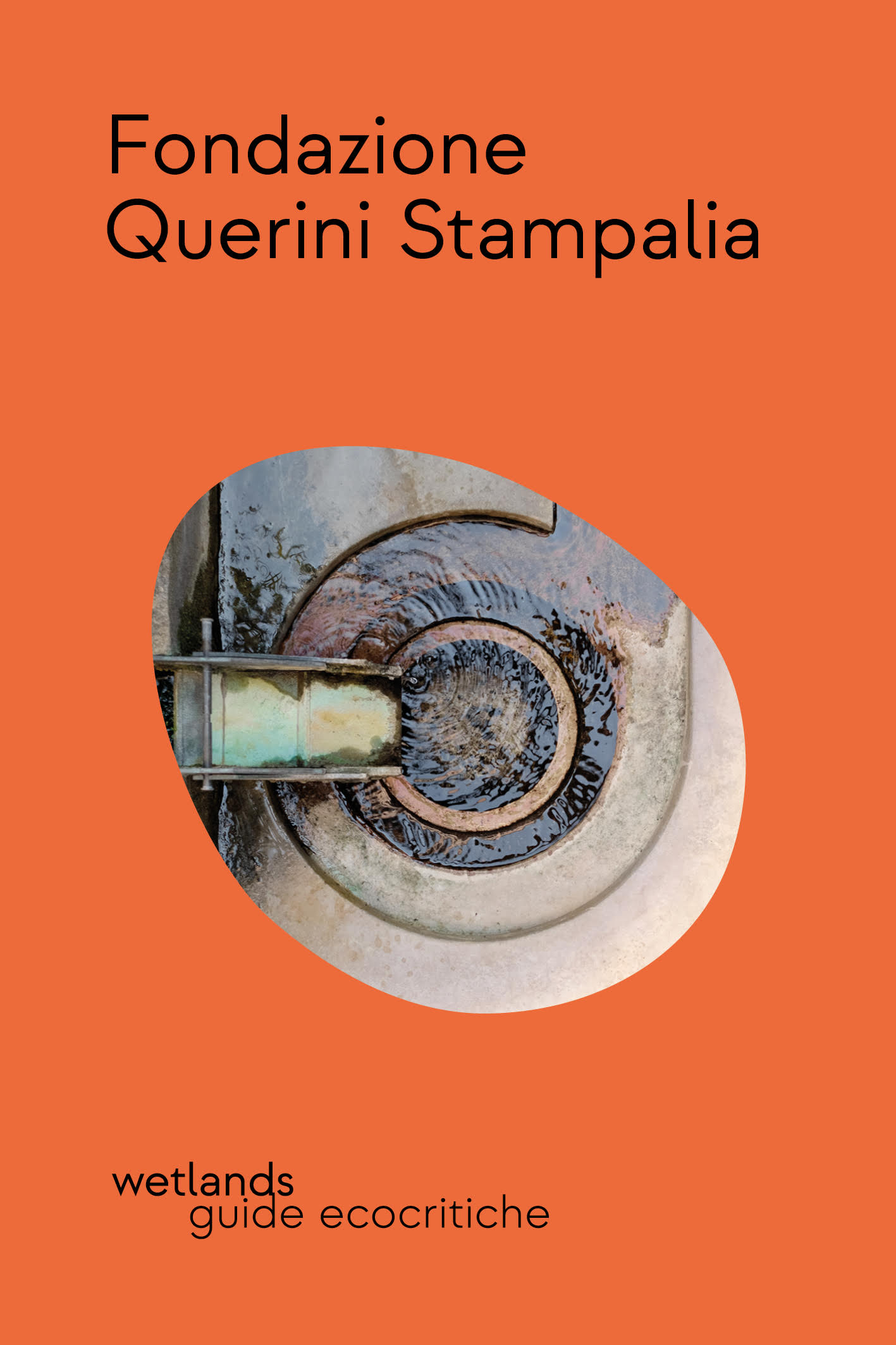

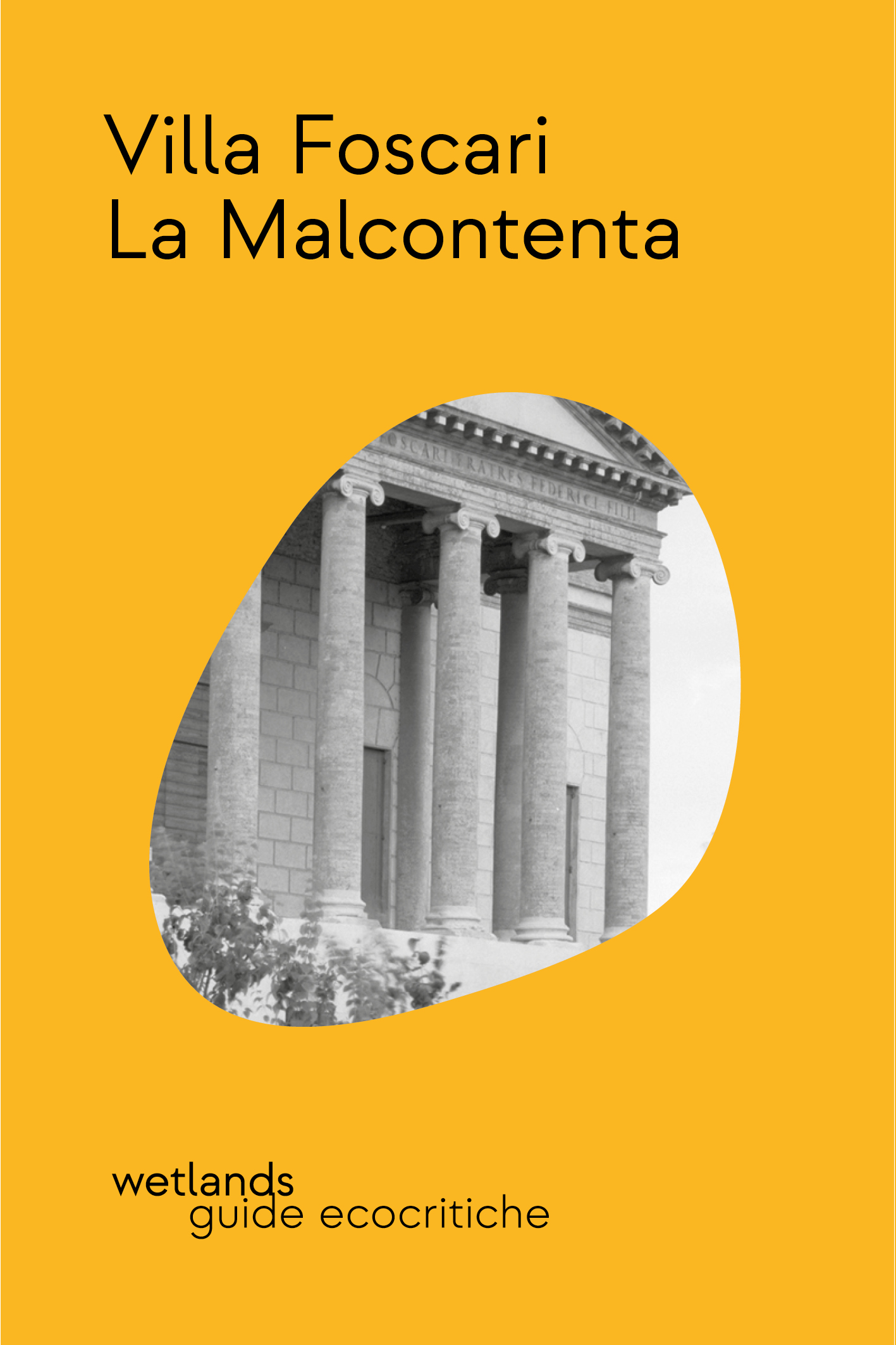




The mude were the commercial expeditions of Venetian merchants in the Late Middle Ages, which touched lands near and far, connecting them to the Venetian Republic.
Likewise, the Mude books trace unprecedented relationships between Venice and other places, real or imaginary, opening the horizon to new geographies and parallel histories.
Salt marshes (Barene) are strips of semi-submerged land that characterize lagoon landscapes.
Barene's books bring to light the inseparable link between ecosystems and their human and non-human inhabitants from the perspective of Human Environmental Sciences.
Fondamenta's books tell the story of Venice starting from its margins and from those lives that historiography has too often forgotten.
A counter-narration of the city's past that illuminates its present, deconstructing the easy mask of myth and restoring awareness of how the margin is actually the founding stone of urban events.
Afterwords is the series dedicated to the most innovative voices of Africa and Afro-descendence, unique in the Italian publishing panorama.
It moves between creative residencies in the Lagoon, new essayistic perspectives and hybrid narratives that intertwine with the city and the imagination of Venice. Its goal is to trigger a cultural exchange with the African literary world to bring out non-Western perspectives on the most important contemporary social and environmental issues.
The series of books is edited by Maaza Mengiste.
The new series of Ecocritical Guides explores key sites of Venetian and Italian culture from an entirely new perspective—one that goes beyond traditional interpretations to focus on cultural, ecological, environmental, and gender-related themes that often remain overlooked in the reading of artworks. Compiled by artists, writers, and scholars from around the world, the Ecocritical Guides are an essential tool for reinterpreting cultural heritage and updating the lenses through which it is understood. Edited by Shaul Bassi and Cristina Baldacci.